Insurers face unprecedented challenges as the insurance sector becomes more vulnerable to disruption. Increasing competition from rivals and advancements in digital technologies are pushing them to the edge. Recognizing the changing paradigm of the insurance industry, many providers have ramped up the digital capabilities required to meet customer expectations and deliver customized policies. However, this might not be enough to break free of outdated policies and systems.
Insurers need a radical change that will allow them to keep up with customer expectations and provide clients with a quality digital experience. As such, they are turning to open insurance solutions. But what does open insurance entail?
Open Insurance: What is it?
Open insurance refers to the practice of sharing data and services across different industries through application programmable interfaces (APIs) that can be accessed externally and are available openly to use. It encompasses actions and rules that allow more freedom across the insurance market. Open insurance helps promote data security, reduces prices, and ensures the availability of a wide range of product offerings. This means greater transparency and flexibility. Products become more accessible and customized to meet individual customers’ needs, which is essential in the digital age to keep consumers engaged. In this way, this new offering opens up a dynamic insurance market while increasing competition between providers. For example, if someone is looking to get coverage, they will have the freedom to decide whether the data they provide to the agent can be shared with another company to offer them a better offer tailored to their needs.
Since open insurance is a part of the open banking model, it is already linked with the National Financial System. Moreover, as part of the open banking ecosystem, it can integrate with various sectors to provide viable solutions to customers. To ensure that all steps in the process are completed securely, APIs are used to guarantee transparency and security. These interfaces allow insurers and other companies to open their data, processes, and algorithms to one another. Thus, companies can link to a single ecosystem where they can utilize different data resources.
How Can Open Insurance Benefit Insurance Providers?
Open insurance offers a plethora of opportunities. Some of the benefits it can provide to insurers include:
Extra Sources of Revenue
Open insurance allows insurers to monetize their data services better. For example, the vast technology infrastructure can be used to provide transaction processing services to other companies. Moreover, insurers can use APIs to offer specialized applications to organizations, such as risk analysis and management or customer acquisition.
Open insurance provides carriers with access to real-time customer data. This means that they can position themselves in the customer’s buying process at the right time.
For instance, when policyholders’ circumstances change, the insurance agents can alert them about suitable risk management solutions. Then, with data analytics, they can offer their customers the right cover for their altered circumstances.
Increase in Digital Insurance Sales
Open insurance offers businesses increased efficiency, allowing them to streamline their processes and reduce administrative customers. Companies can also benefit from an increase in digital insurance sales and greater flexibility. Tracking evolving customers’ needs will allow market players to design innovative products that are able to meet demands.
New Business Partners
Open insurance allows carriers to access a bigger market and secure alliances with new business partners. This enables them to extend their footprint and reach more markets. Insurance providers can partner with other companies to integrate their offerings with non-insurance products. This will give access to new markets and deliver a broader customer experience. Open insurance thus allows carriers to create an integrated network that can make them more appealing to prospective new partners and clients. They will have more opportunities and better products and services to offer than their competitors, who were not quick enough to embrace change.
How Can Open Insurance Benefit Customers?
New Offerings
Open insurance offers real-time data that carriers can utilize to come up with innovative customer offerings. An analytics system can be used to find patterns in real-time data, allowing on-demand, customized services with variable pricing. For example, a carrier with vast customer information can gauge the risk and provide a quote more accurately through an automated system. This streamlines the process and eliminates the perplexing and inefficient manual processing and estimates, allowing customers to benefit from a personalized solution tailored to their needs.
Being connected with insurance agents allows customers to get value-added offerings from various insurance agency partners. Moreover, in exchange for their data, customers can get better pricing and extra services. For example, they can access risk mitigation services to identify vulnerabilities and acquire coverage according to the circumstances.
Better Coverage
Customers can benefit from sharing data with insurance providers. As a result, they would be able to make better decisions regarding their coverage needs. For example, insurers can analyze real-time data and tell policyholders if they are underinsured and require better coverage. Moreover, customized solutions can be offered with favorable pricing to meet the various needs of customers.
Final Thoughts
Digital technology has changed the perception of people about insurance offerings. The insurance industry is undoubtedly transforming as more people realize the significance of tailored products and solutions. Thus, insurers need to change and embrace open insurance. They need to revamp or redesign their business model.
Open insurance will force carriers to find new ways of engaging with customers and partners. It offers several benefits that will allow insurers to stay relevant in the new digital era. Customers can benefit from open insurance by sharing their data to acquire better coverage and tailored solutions customized to their needs. Thus, this new solution is set to become all the rage in the future.




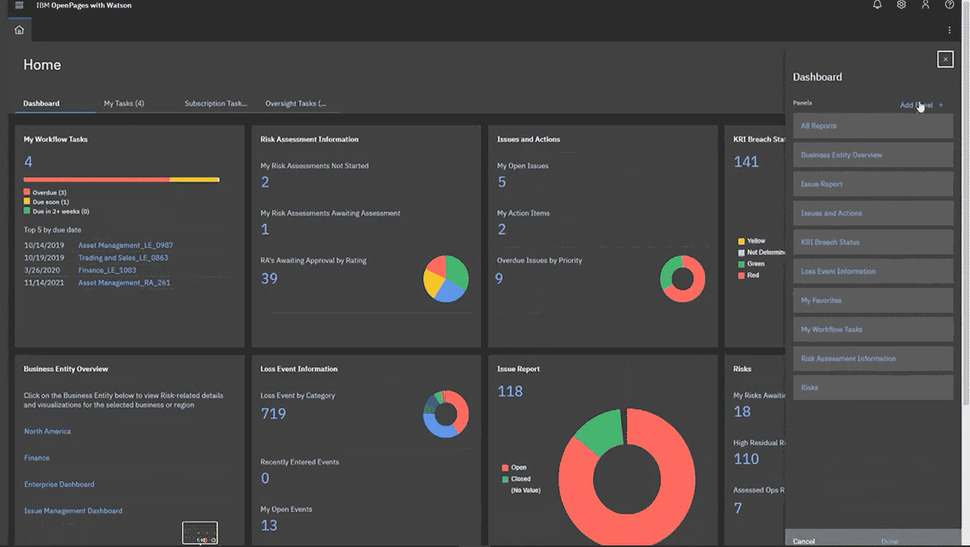




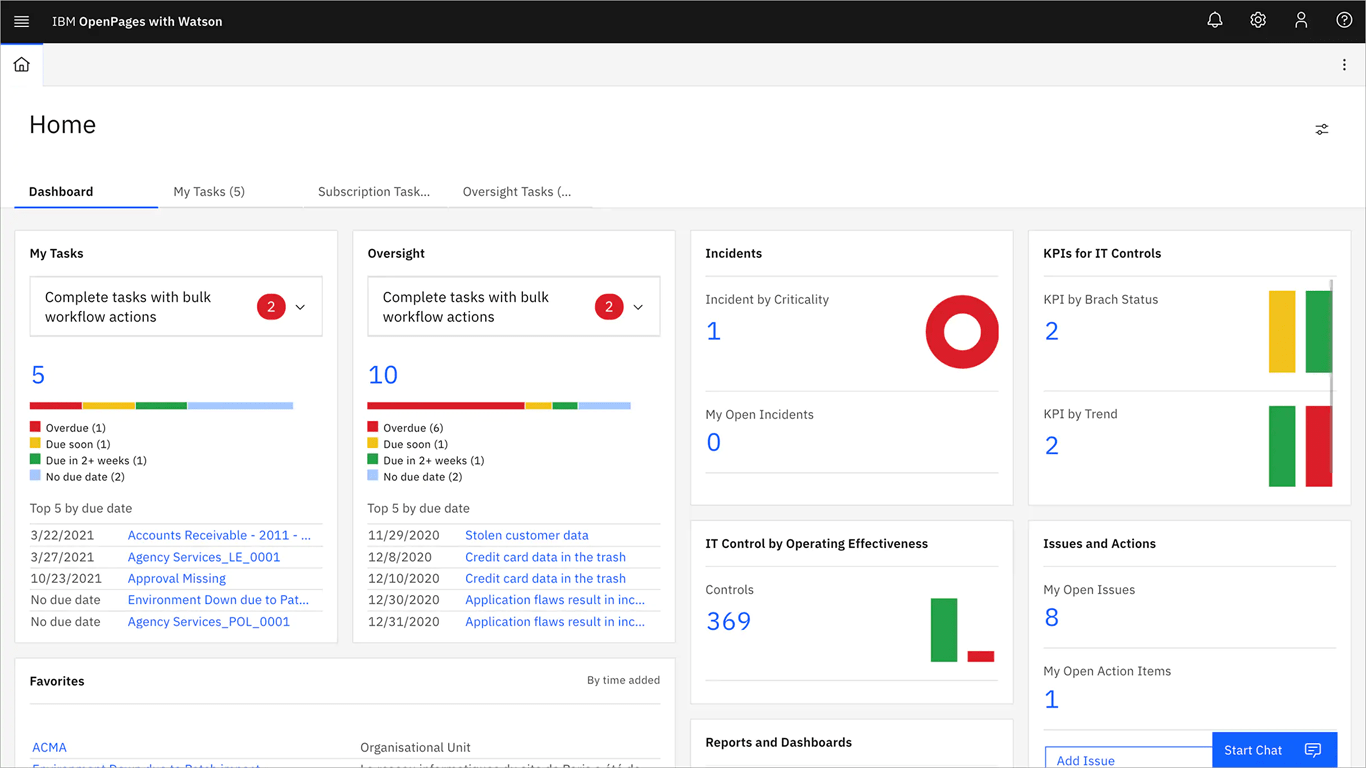

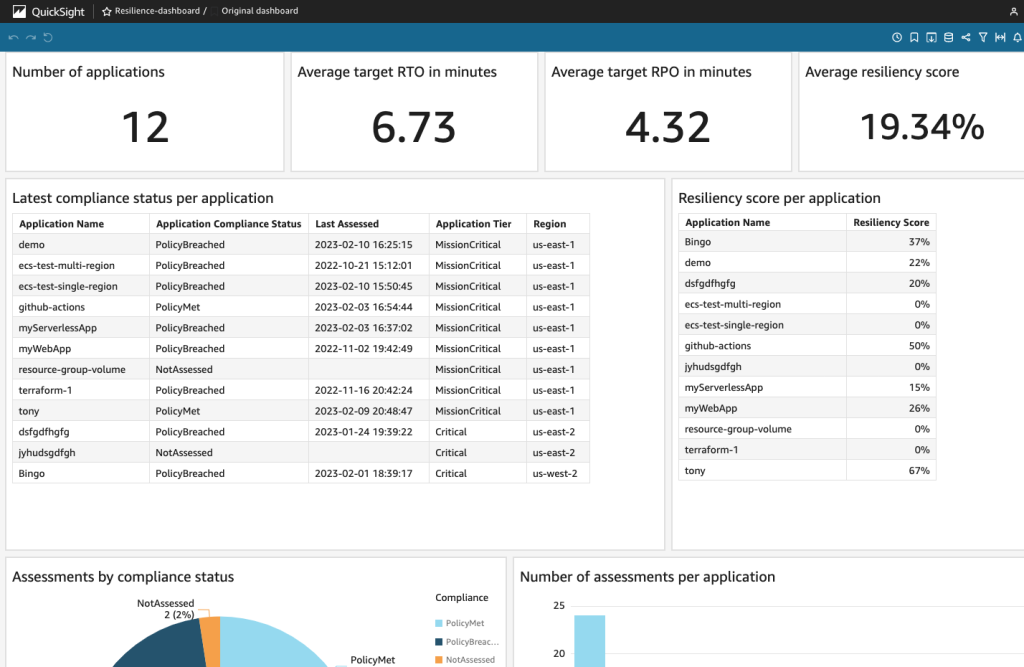
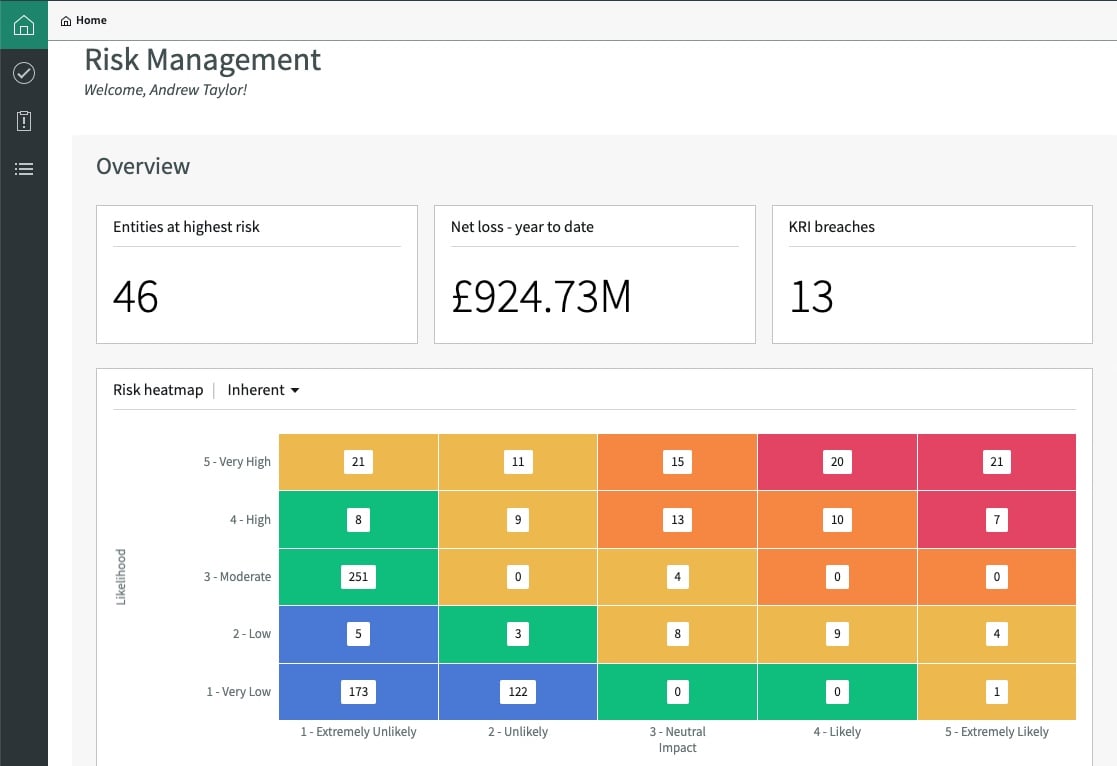







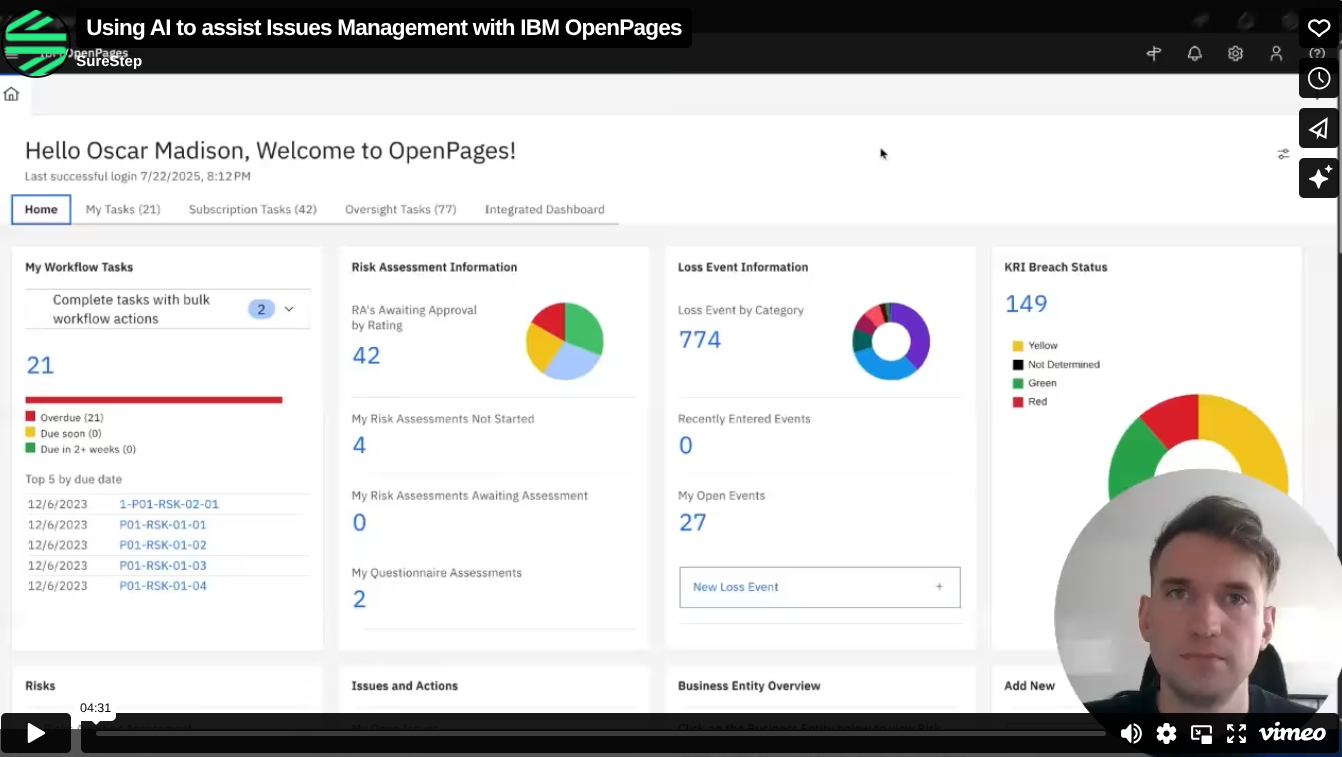
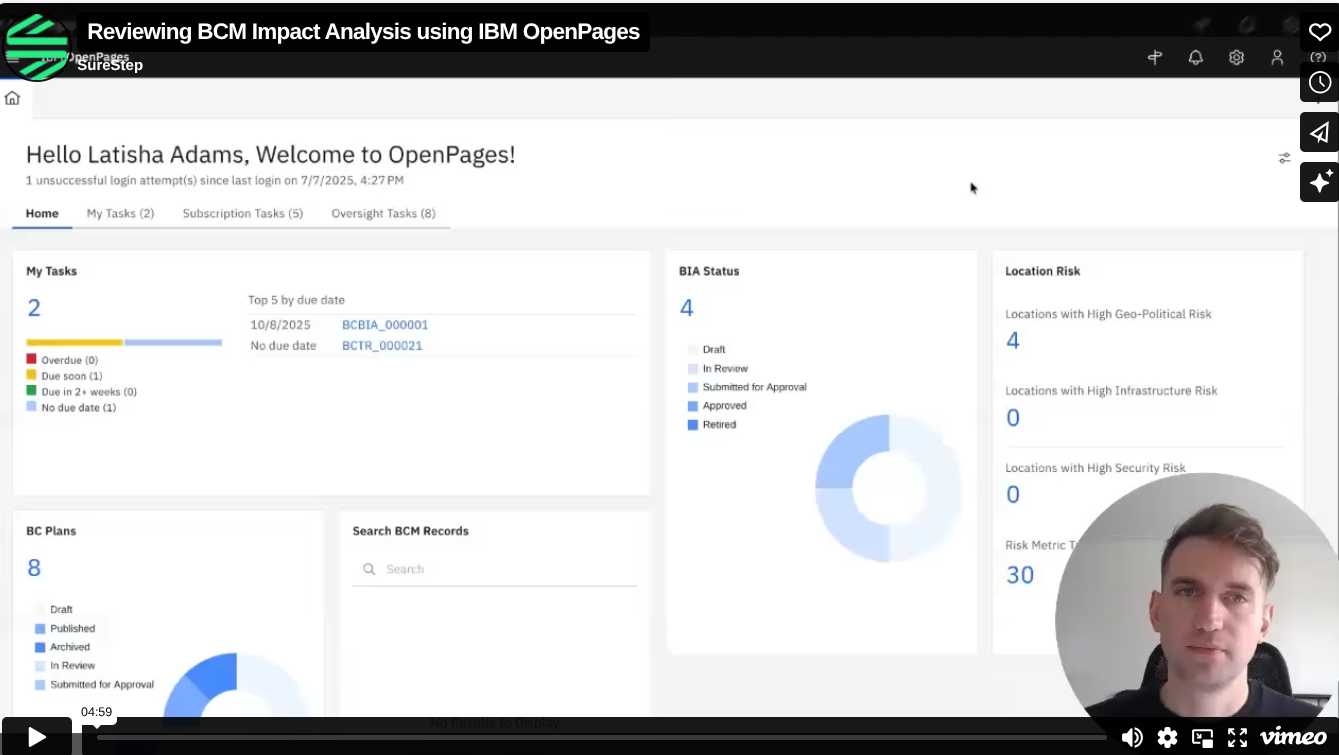



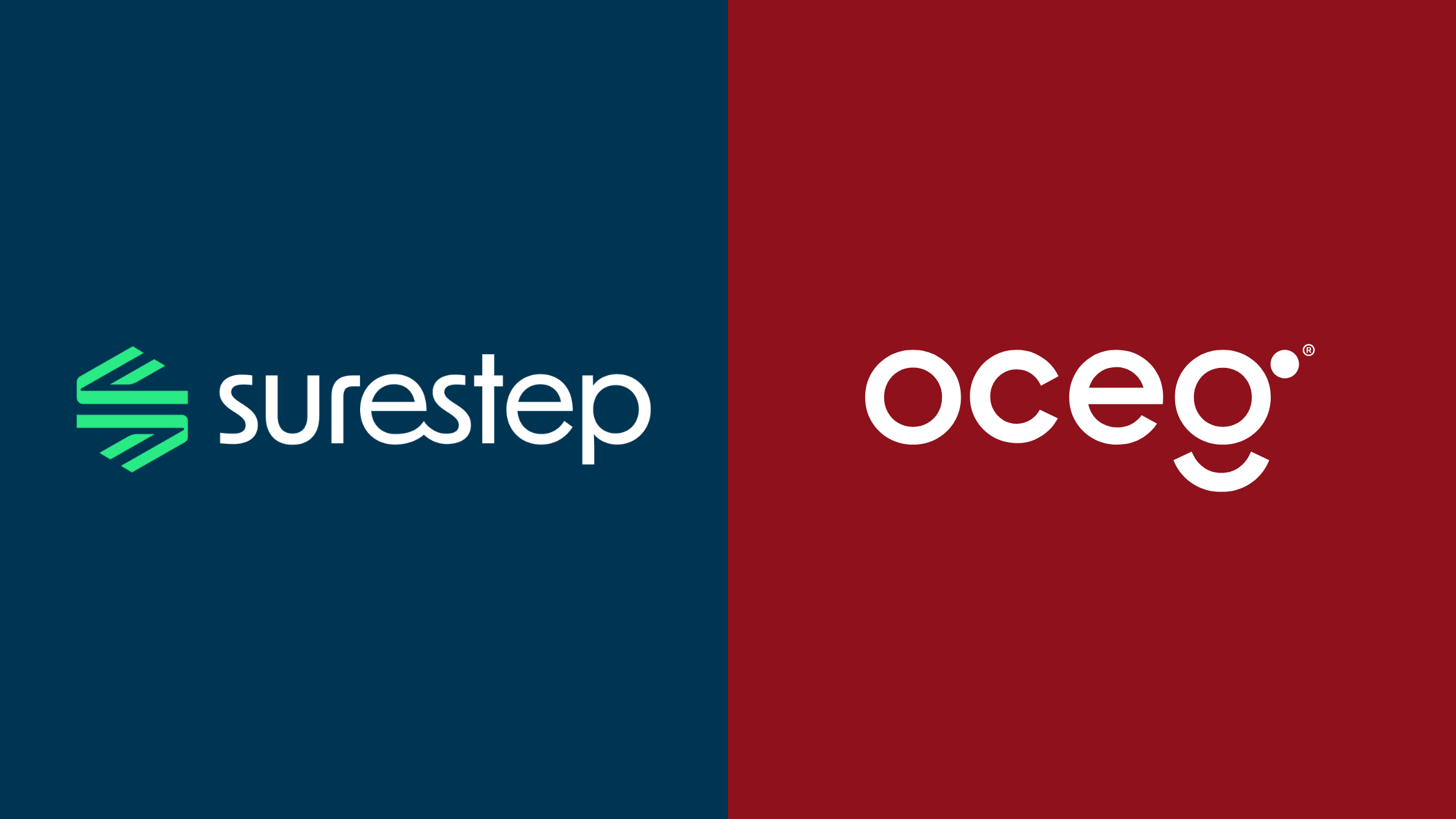


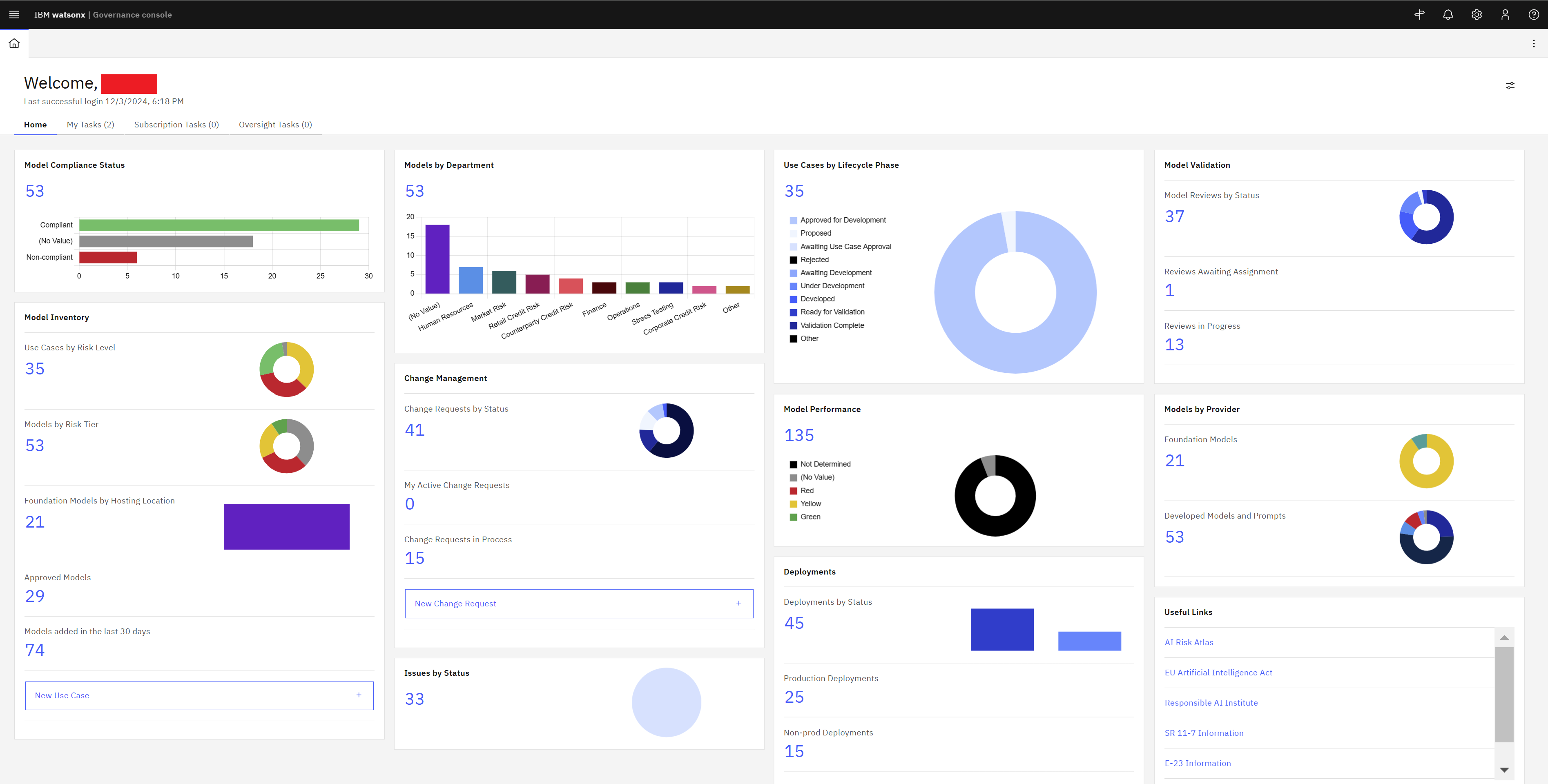

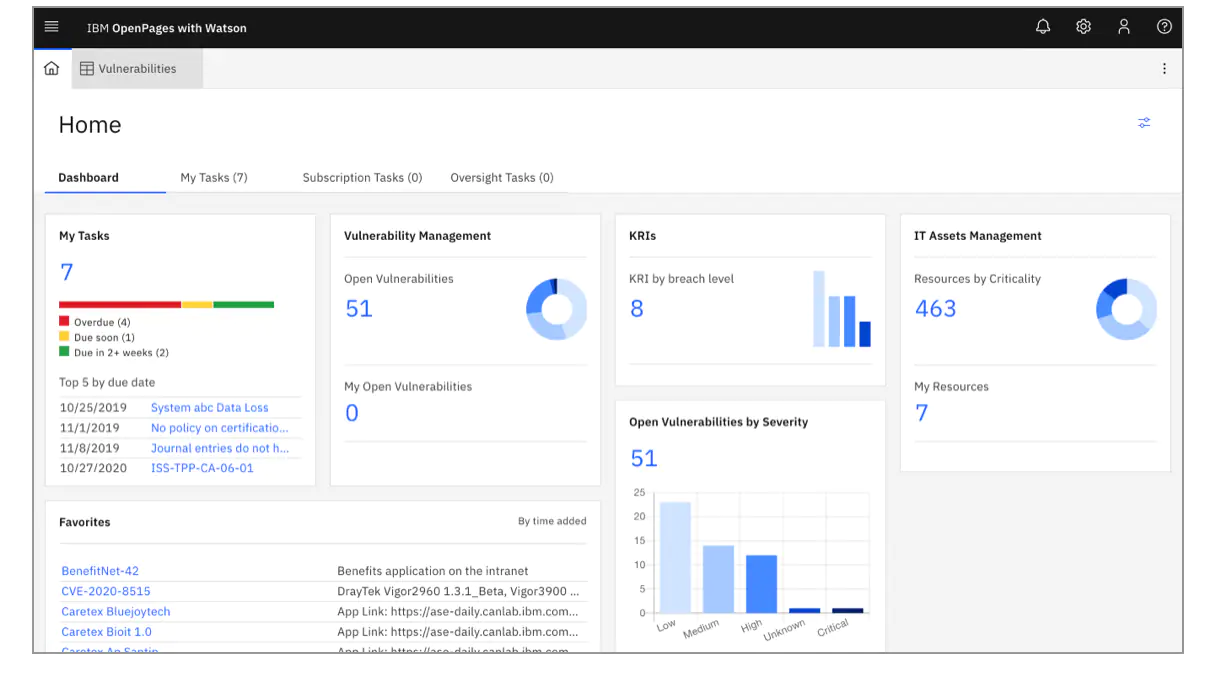
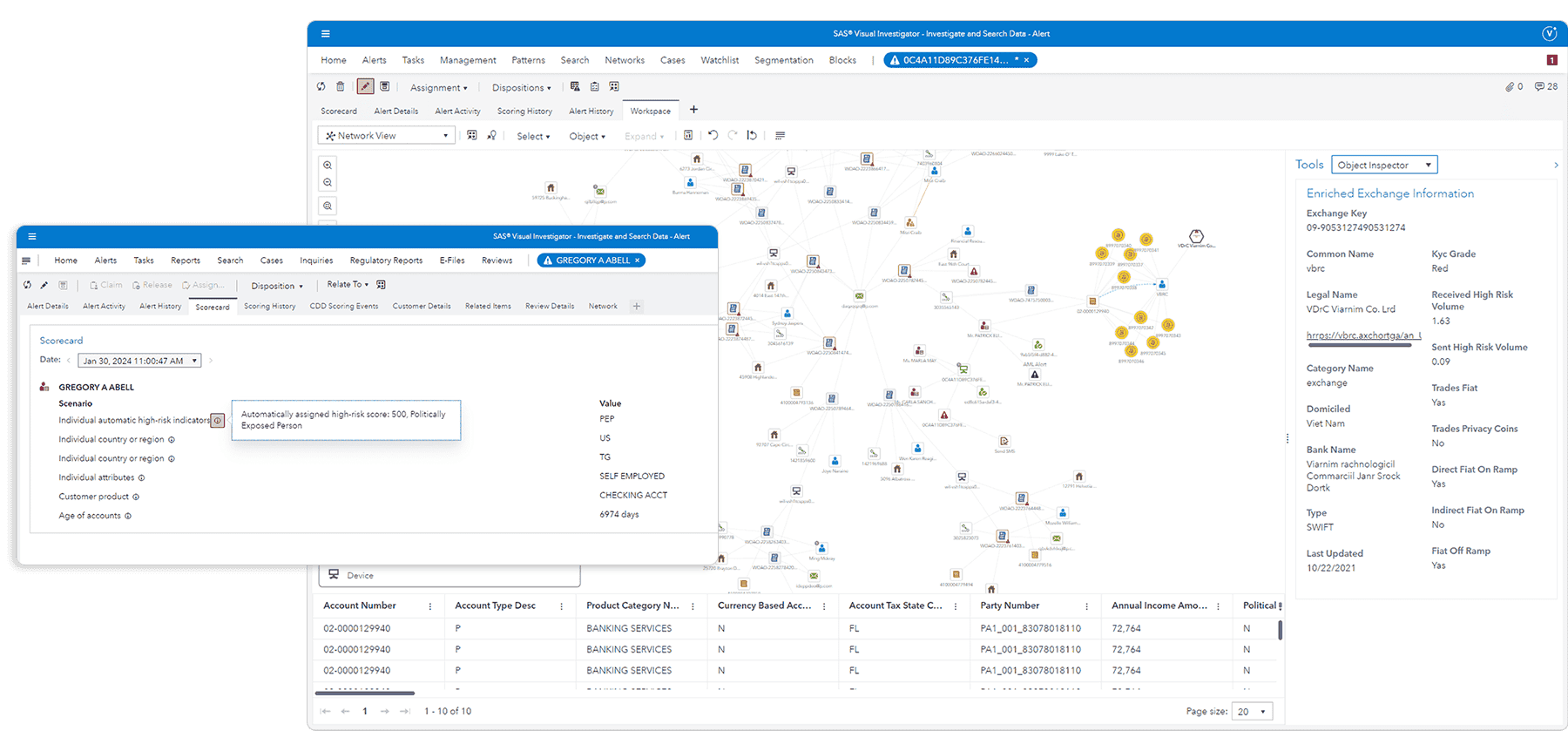







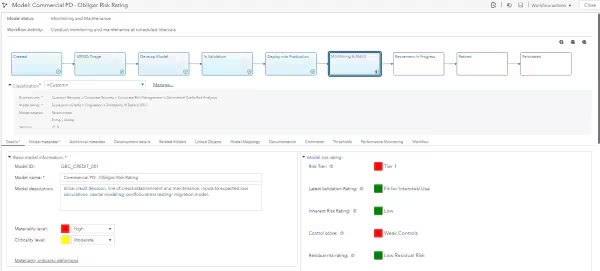









.webp)

-1.jpg)










.jpg)


























.jpeg)







